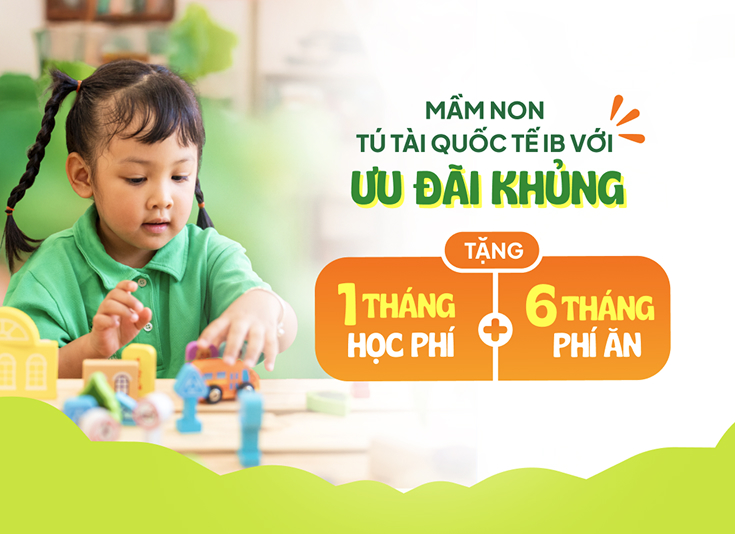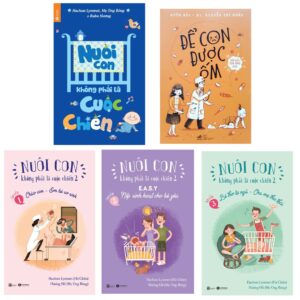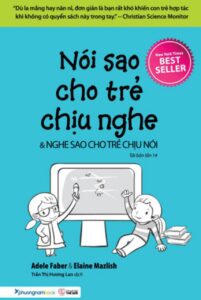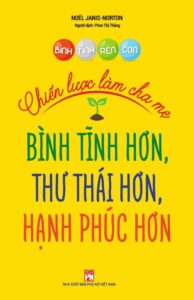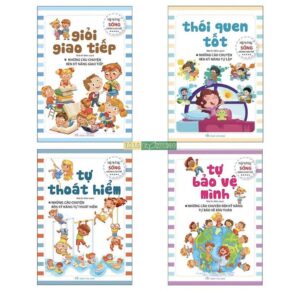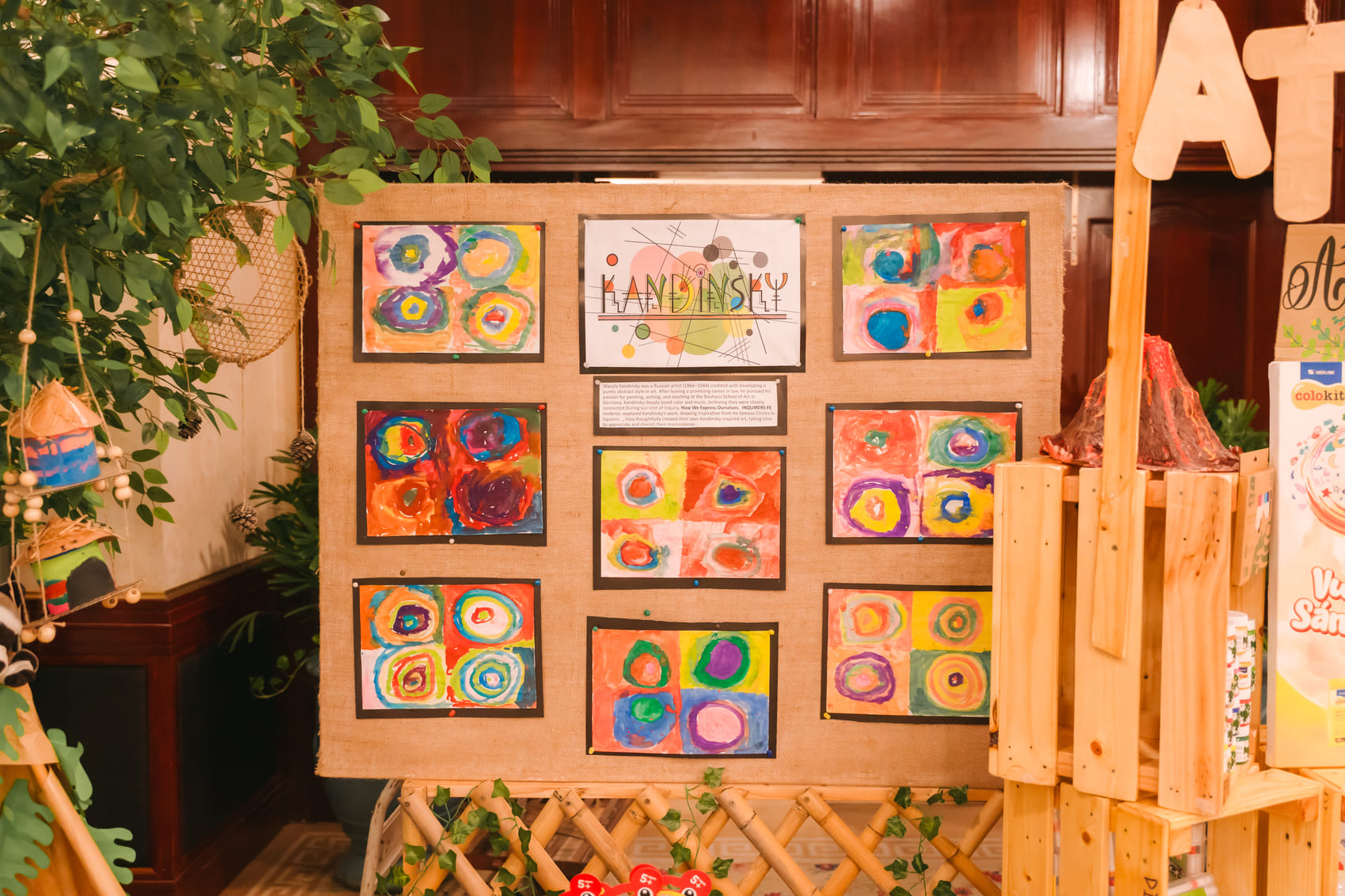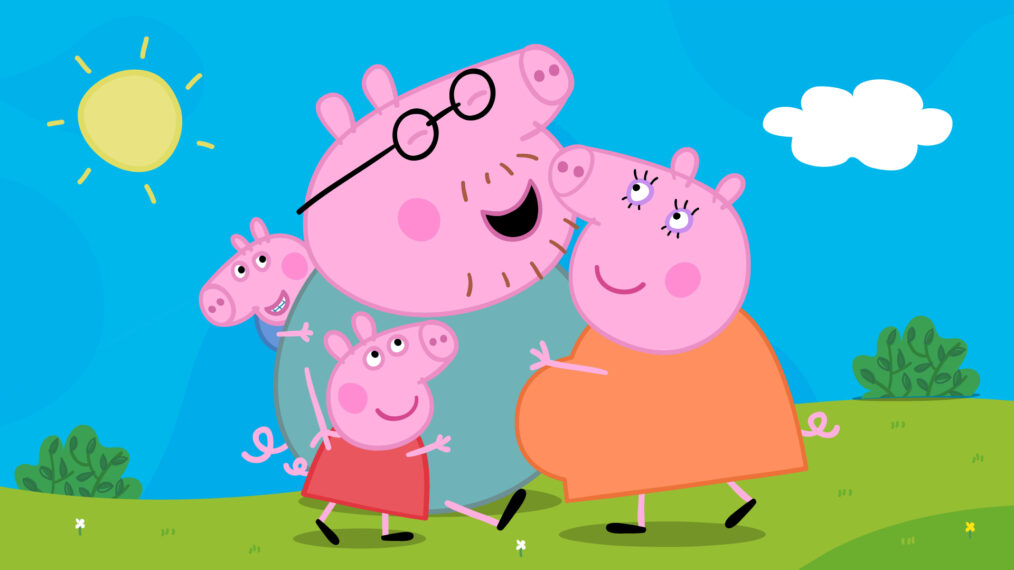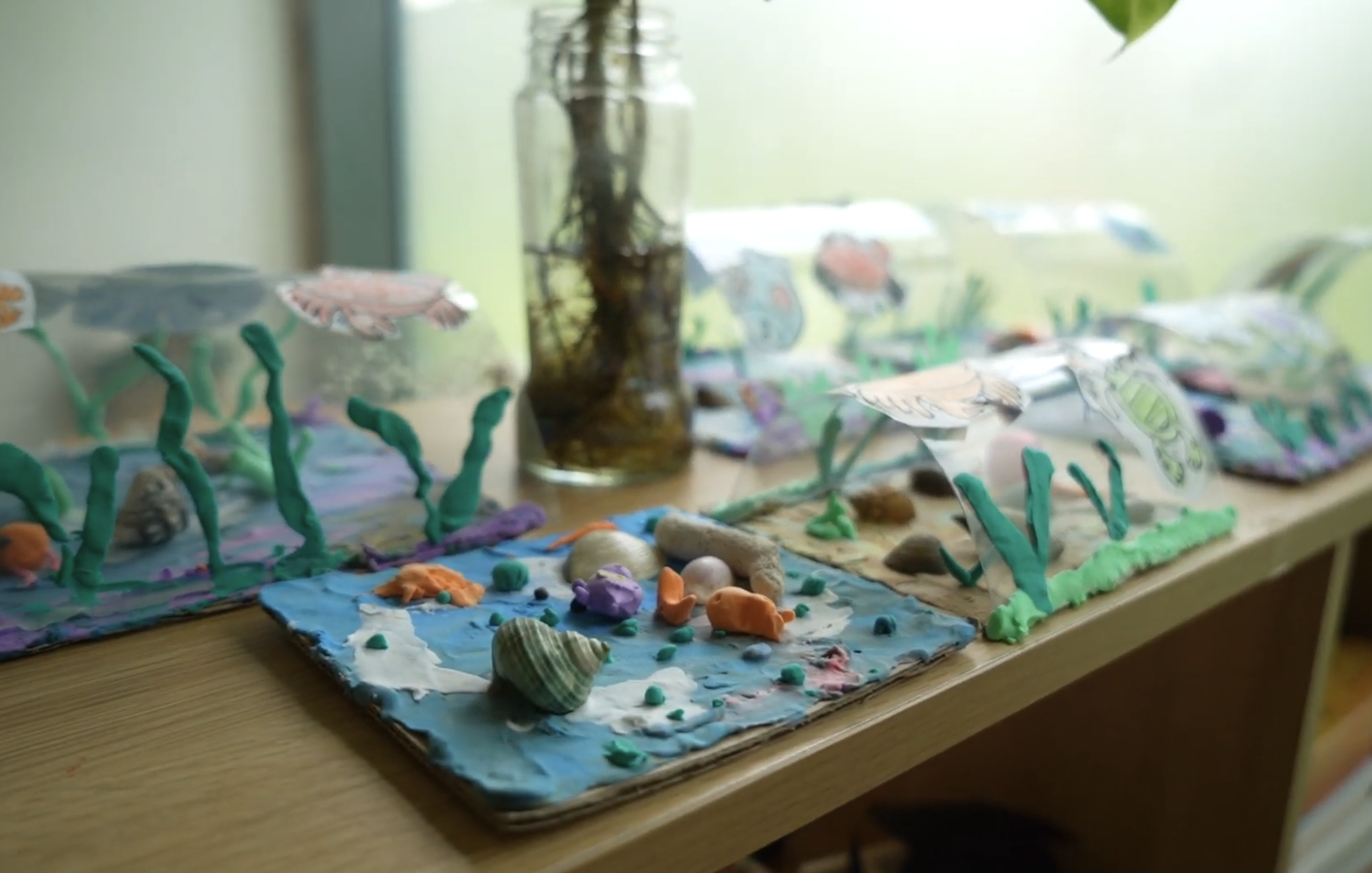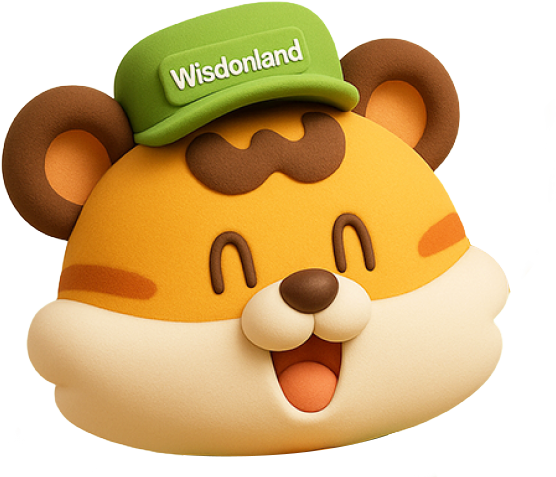Ages 1–6 – The “golden stage” of a child’s development
According to many education experts, ages 1 to 6 are the golden years for the development of a child’s intellect, physical health, emotions, and personality. This is also the stage when parents have the greatest influence on shaping how their child thinks, reacts, and perceives the world around them.
However, not everyone is born knowing how to be a parent. To accompany your child in the right and effective way, reading books is one of the simplest yet most powerful methods to help parents update their knowledge, better understand their child, and learn modern, scientific parenting approaches.
Below is a list of recommended books for parents of preschool-aged children, curated by education and psychology experts.
1. “Parenting Is Not a Battle” – by Uyen Bui & Dr. Nguyen Tri Doan
Why read it?
Written by a young mother and a reputable pediatrician, this book offers honest insights into the real journey of parenting – from breastfeeding, sleeping, and weaning to handling common childhood illnesses.
Highlights:
- Simple and relatable language.
- Encourages scientific parenting without following “parenting trends.”
- Includes many doctor-backed insights instead of emotional opinions.
Best for: Parents with children from newborn to 3 years old, especially first-time parents.
2. “How to Talk So Kids Will Listen & Listen So Kids Will Talk” – by A. Faber & E. Mazlish
Why read it?
This book is a “communication handbook” between parents and children, helping you learn to listen and respond to your child properly — without yelling, threatening, or ignoring.
Highlights:
- Vivid, real-life examples.
- Practical methods applicable to daily life.
- Helps reduce parent–child conflicts.
Best for: Parents with children aged 2–6 who want to build a positive relationship with their kids.
3. “Parenting in Confusion” – by Le Nguyet Minh (compiled from talks by Zen Master Minh Niem)

“Parenting in Confusion” by Le Nguyet Minh
Why read it?
Combining mindfulness and modern psychology, this book brings parents back to the core question: “Am I teaching my child or imposing on them?”
Rather than prescribing parenting techniques, it helps parents understand themselves and transform their relationships with their children through empathy and healing.
Best for: Parents who often lose patience or get angry easily and want to raise children in peace and understanding.
4. “Parenting Strategies: Calmer, Easier, Happier Parenting” – by Noel Janis-Norton
Why read it?
This book introduces the “British parenting method” focusing on discipline, independence, and good manners from an early age.
Highlights:
- Includes a section specifically for preschoolers.
- Detailed guidance on praising, assigning tasks, and building positive habits.
Best for: Parents who want their children to grow up disciplined, confident, and independent.
5. “Japanese Ehon Picture Book Series” – for children aged 0–6
Why read it?
Ehon is a unique Japanese picture-book genre that helps preschoolers develop language, imagination, emotions, and social skills.
Highlights:
- Beautiful, expressive illustrations.
- Short, repetitive stories suitable for young children’s psychology.
- Includes interactive reading suggestions for parents.
Recommended series:
- Giraffe Books: Helps children understand emotions and distinguish good/bad behaviors.
- Wakuwaku Ehon: Encourages children to explore the world around them.
Best for: Parents with children aged 1–6 who want to build early reading habits.
6. “Life Skills Book Series for Preschoolers”
Why read it?
This book series covers common real-life situations: making new friends, first day of school, sharing toys, helping others…
Each book includes colorful illustrations and simple dialogues to help children:
- Recognize emotions
- Develop social skills
- Handle situations positively
Best for: Parents who want to equip children with essential life skills before school.
Final advice: Parents who learn – raise children who grow
A child aged 1–6 is like a “blank sheet of paper” — everything they see, hear, and feel each day can shape who they become. Instead of worrying or following “word-of-mouth” parenting trends, parents should start by learning and understanding.
“No child needs perfect parents. But every child needs parents who are willing to learn and grow.”
We hope you find the right books to make your parenting journey lighter and happier.
 School Tour
School Tour 